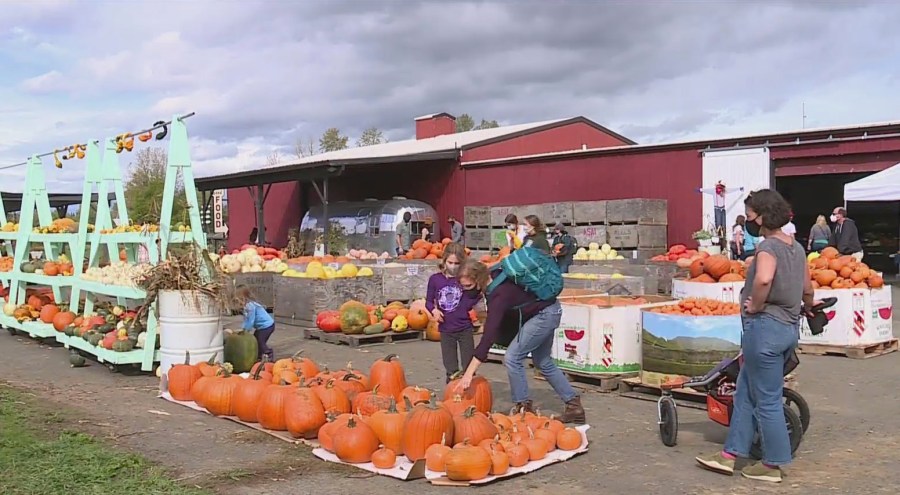'We'll Lose a Lot': Oregon Agritourism Operators Fear New Rules Threaten Their Livelihood

The Debate Over Oregon’s Agritourism Regulations
A proposed rule change in Oregon is sparking significant concern among small-scale farming operations, particularly those involved in agritourism. This new policy could have a major impact on how these businesses operate, leading to fears of financial instability and potential closures.
Jim Abels and Kat Topaz, who manage Topaz Farms, have taken to social media to express their worries about the upcoming regulations. They argue that the changes would severely limit their ability to maintain their farm and continue offering services like farm-to-table dinners, u-pick berry events, and even simple activities such as cow trains or selling hand pies.
Abels shared his concerns with KOIN 6 News, stating that the new rules from the Department of Land Conservation and Development (DLCD) would be too restrictive for small farms. “We’ll lose a lot, if not everything,” he said. “Farms that want to get into this, want to have farm-to-table dinners, have a farm stand, things as simple as having a cow train or being able to sell a berry hand pie are suddenly off the table.”
Topaz Farms, located on Sauvie Island in Multnomah County, has been a staple in the local community. Known for its pumpkin patches, u-pick berries, and farm-to-plate dinners, the farm has become a popular destination for families and food enthusiasts. According to their website, the new rules would significantly impact their ability to host events and provide these experiences.
However, not all stakeholders share the same perspective. Jim Johnson, a Policy Advisor at 1000 Friends of Oregon, believes the new rules aim to clarify the distinction between farm stands and agritourism. He explained that many farms have started engaging in activities typically associated with agritourism without following the proper procedures.
“Farm stands are basically just allowed to sell agricultural products off of a farm,” Johnson said. “But when they start hosting regular events like farm-to-table dinners, it becomes more of a food service operation than a traditional farm stand.”
Agritourism is a significant economic driver in Oregon. A 2024 report from Oregon State University revealed that agritourism generated over $572 million in revenue, supporting around 11,000 full- and part-time jobs. Johnson emphasized that while agritourism can be beneficial, there needs to be a balance to ensure that farmland remains protected.
“The tail shouldn’t be wagging the dog,” Johnson said. “What the regulations are trying to do is ensure the integrity of Oregon’s valuable farmland.”
The DLCD has stated that the proposed changes would not prohibit common agritourism activities such as farm stands, concerts, festivals, and educational tours. A statement from the department highlighted their commitment to supporting farmers and the agricultural economy.
“Engaging in spirited conversation with Oregonians about these important issues is essential to our work and helps ensure the longevity of our agricultural and natural resources now and for future generations,” said Brenda Bateman, Director of the DLCD.
According to the statement, the new rules would clarify which activities require permits and which do not. Those interested in providing feedback can send their comments to farmforest.comment@dlcd.oregon.gov.
As the debate continues, it remains to be seen how these regulations will affect the future of agritourism in Oregon. While some fear the impact on small farms, others believe the changes are necessary to maintain the balance between agriculture and tourism.
Post a Comment for "'We'll Lose a Lot': Oregon Agritourism Operators Fear New Rules Threaten Their Livelihood"
Post a Comment